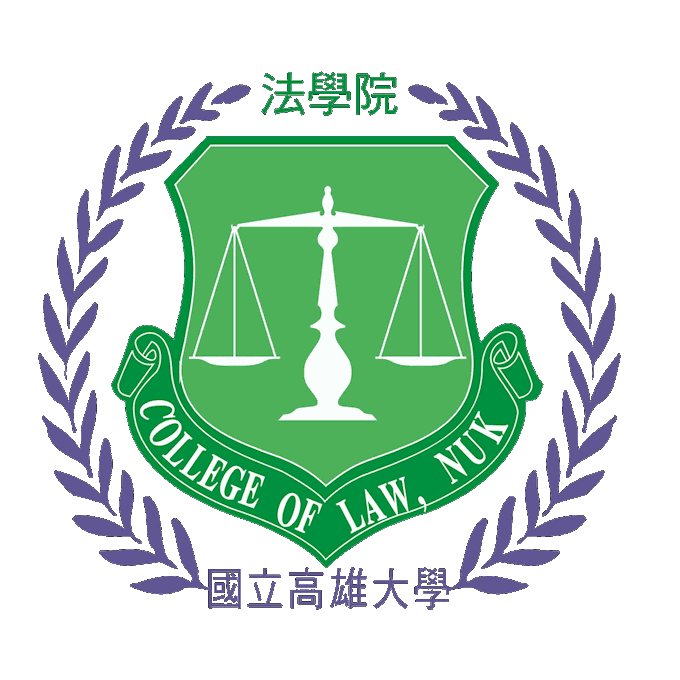

西元1968年Harry Shirkey醫生著文,謂兒童是醫療上的孤兒,至今已45年,兒童依舊是醫療上的孤兒。主要原因為兒科用藥市場有限、兒科臨床試驗的困難,藥廠在評估損益後,多選擇放棄兒科市場,不從事兒科臨床試驗。專利權利的賦予,已公認係促進研發、提升產業科技與改善人類生活和健康的必要措施;然而,專利制度未必能克盡其功。
美國FDA先後制定BPCA及PREA,一則以市場專屬權鼓勵藥廠進行兒科研究,另一則以強制手段令藥廠於申請上市時檢附兒科評估、及以書面通知令藥廠就已上市藥品從事兒科評估。然而,依BPCA進行研究的藥品未必為兒童所需要;而市場專屬權卻使大眾須繼續負擔較貴的醫藥費用。是以,本文不建議採行BPCA之市場專屬權。PREA雖較具強制效果,對於潛在有助於、但仍未廣泛使用於兒科病患的已上市藥品或非專利藥品,仍無強制力或誘因促使藥廠進行兒科研究。
鑑於美國立法的優點及缺失,以及鼓勵研發新的兒科用藥之不易,本文建議以下列方式鼓勵兒科研究與兒科用藥的研發:○1於藥事法中明定新藥之取得上市許可應檢附兒科研究資料;倘原藥廠因正當事由無法從事兒科研究,食管局得依職權委託或依申請由第三人進行研究。○2以專利制度之用途發明專利,鼓勵藥廠就已上市藥品及非專利藥品從事研發兒科用藥之新用途,提升兒科病患之醫療品質。
In 1968, Dr. Harry Shirkey pointed out Children are therapeutic orphans. As to the study of approved drugs, only 25% to 30% of them included pediatric data that could be approved to indicate children’s doses, safety and efficacy on the labels. Other than that, physicians prescribe off-label drugs to children. Lack of doses and safety information causes our children exposed to severe adverse effects and sometimes receive inefficient treatment. Children are different from adults, not on the height or weight, but on the bodies, such as drug metabolism, brain development, immunological systems and organ systems. To prescribe adult drugs to children without pediatric clinical trial information is risky. U.S. Congress enacted pediatric related legislation such as PBCA and PREA, the former encourages pharmaceutical companies to conduct pediatric study by offering six-month marketing exclusivity, and the latter forces pharmaceutical companies to conduct pediatric assessment. FDA marketing exclusivity caused many adult patients great burden for medical expenses, but created little benefits to children. In our country, there isn’t any law relating to pediatric medication. Having studied American legislation, the author concluded that PBCA- like legislation should not be recommended, but, suggested the following measures to improve our pediatric drugs: 1. to adopt PREA-like legislation, forcing company to conduct pediatric study; 2. to encourage pediatric drug use invention by providing new use invention patents.